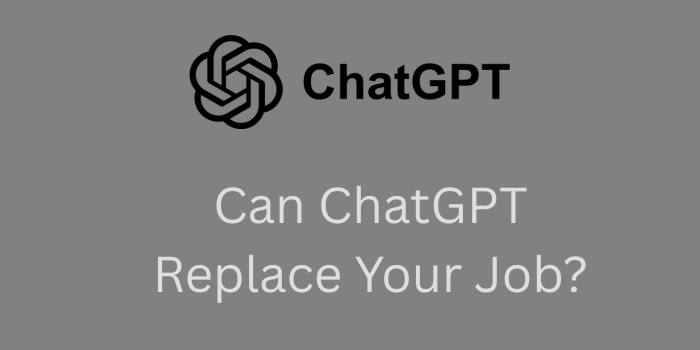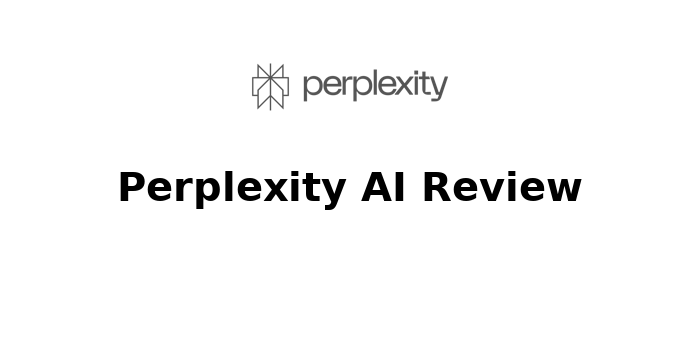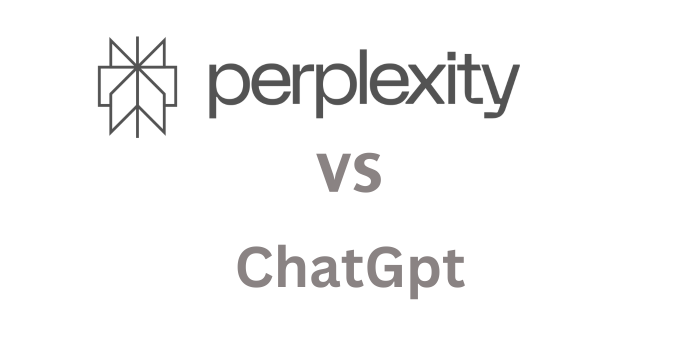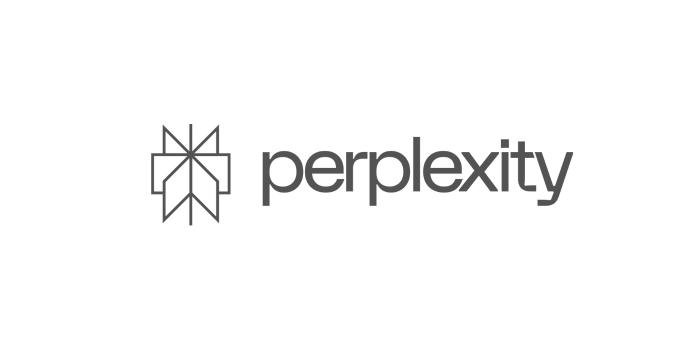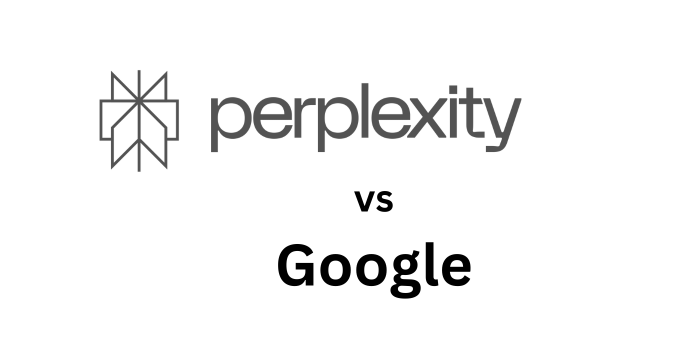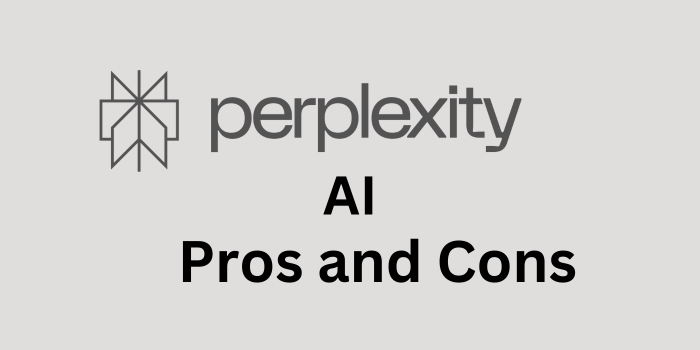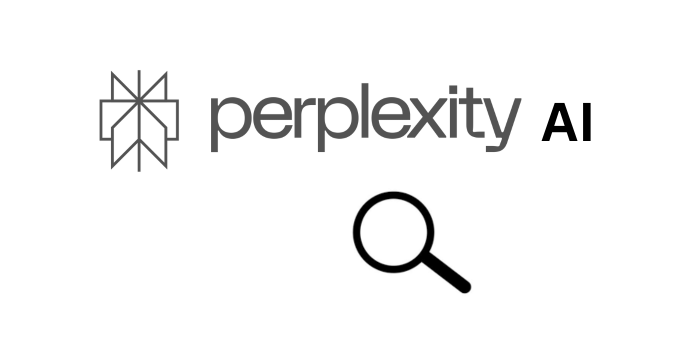Artificial Intelligence (AI) is rapidly changing the modern workplace. Tools like ChatGPT are revolutionizing the way we handle communication, automate tasks, and solve problems. But with all this innovation comes a pressing question: Can ChatGPT replace your job?
In this in-depth article, we’ll explore the impact of ChatGPT and other AI tools on the workforce, highlight which jobs are most and least vulnerable, and show how you can stay competitive in the age of AI.
💡 What Is ChatGPT and How Does It Work?
ChatGPT, developed by OpenAI, is a large language model that uses deep learning to generate human-like responses to prompts. It can:
- Write content
- Answer questions
- Summarize documents
- Generate code
- Analyze data
- Simulate conversations
With increasing capabilities, ChatGPT is being integrated into a wide range of industries—from marketing and customer service to education and software development.
🧰 How AI Is Reshaping the Workplace
AI technologies, including ChatGPT, are impacting workplaces in multiple ways:
- Automation of repetitive tasks: Emails, reports, and customer queries are now being handled by AI.
- Faster decision-making: AI tools analyze large datasets to provide insights quickly.
- Enhanced productivity: Employees can focus on strategic and creative tasks while AI handles the mundane.
According to a 2024 report by McKinsey, nearly 30% of hours worked globally could be automated by 2030, driven largely by generative AI models like ChatGPT.
⚠️ Jobs Most at Risk of AI Replacement
Certain roles are more susceptible to being replaced or heavily augmented by AI:
- Customer Support Agents: ChatGPT-powered bots are already replacing tier-1 support roles.
- Data Entry Clerks: Routine data input can now be performed faster and more accurately by AI.
- Content Writers (Low Complexity): AI-generated articles and social media captions are becoming the norm.
- Basic Coding Jobs: ChatGPT can write and debug code, affecting junior developer roles.
- Administrative Assistants: Scheduling, note-taking, and email drafting are being outsourced to AI.
🛡️ Jobs Least Likely to Be Replaced by ChatGPT
While some roles are vulnerable, others are more resistant to automation:
- Creative Professionals: Designers, filmmakers, and artists use AI as a tool—not a replacement.
- Healthcare Providers: While AI supports diagnostics, empathy and hands-on care remain human-centric.
- Skilled Trades: Electricians, plumbers, and mechanics require physical presence and adaptability.
- Strategic Leadership Roles: CEOs, managers, and analysts make decisions based on complex human and emotional variables.
- Educators and Coaches: Teaching and mentoring involve personalized human interaction and emotional intelligence.
🔄 AI and Job Transformation, Not Just Replacement
The narrative isn’t just about replacement—it’s about transformation. Many professionals are using ChatGPT to:
- Improve workflow efficiency
- Generate ideas and brainstorm
- Enhance communication
- Upskill into new AI-aligned roles
This creates a hybrid human-AI model, where workers become AI-enhanced contributors rather than being replaced.
🚀 Benefits of Using ChatGPT at Work
Here’s how ChatGPT can actually help you in your role:
- Speed up repetitive tasks (writing, analysis, summaries)
- Improve writing quality
- Generate creative ideas on-demand
- Aid in learning new skills or languages
- Act as a virtual assistant for scheduling and planning
Teams that embrace AI tools like ChatGPT can gain a significant edge in productivity and innovation.
⚖️ Challenges and Ethical Concerns
Despite the advantages, AI in the workplace raises important questions:
Bias and misinformation: ChatGPT may sometimes produce inaccurate or biased outputs.
- Job displacement anxiety: Workers fear their roles may become obsolete.
- Data privacy: Sensitive work data should not always be shared with AI tools.
- Overdependence on AI: Relying too much on ChatGPT may hinder critical thinking and creativity.
Best Practices:
- Always double-check AI outputs.
- Use ChatGPT for augmentation, not replacement.
- Ensure your company has a clear AI usage policy.
🛡️ How to Future-Proof Your Career Against AI
If you’re worried about ChatGPT replacing your job, here’s how to stay ahead:
- Develop Human-Centric Skills: Empathy, critical thinking, leadership, and creativity are hard to automate.
- Learn AI Tools: Become proficient in using tools like ChatGPT, MidJourney, and others to improve your workflows.
- Stay Adaptable: Continuously upskill and pivot your career as the market changes.
- Join the AI Revolution: Be an early adopter and use AI to make yourself more valuable, not redundant.
🧩 Final Thoughts
So, can ChatGPT replace your job? In some cases, yes—especially for roles that are repetitive, predictable, and require limited decision-making.
But for most professionals, ChatGPT is more of a partner than a threat. The key lies in how you adapt. Those who learn to work alongside AI will thrive. Those who resist may fall behind.
Embrace AI not as a competitor, but as a career-enhancing superpower.
